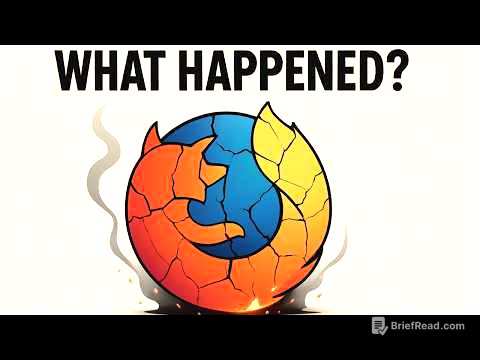TLDR;
This discussion covers several sensitive topics, including the recruitment of asylum seekers into the Garda Síochána (Irish police force), potential security concerns related to foreign nationals in high-level Garda positions, a bill to remove the term "child pornography" from legislation, and issues surrounding missing children in the care of Tusla (Child and Family Agency).
- Garda recruiting practices at IPASS centers raise questions about vetting and resource allocation.
- Concerns exist regarding the vetting process for refugees and the potential for security breaches with foreign nationals in high-ranking Garda roles.
- The debate over the term "child pornography" involves considerations of its impact on survivors and the need to accurately describe the exploitation of children.
- Failures within Tusla, particularly concerning missing children, highlight systemic issues and a lack of accountability.
Garda Recruitment Practices and Asylum Seekers [0:08]
Ben Scallan discusses his article about the Garda Síochána recruiting at IPASS centers, which house asylum seekers. He submitted a Freedom of Information request and discovered that the Gardaí were explicitly recruiting at these centers as part of their diversity strategy. Garda Commissioner Drew Harris initially claimed to have no knowledge of this practice and stated that refugees cannot become Gardaí, a statement later corrected by his press officer. Taoiseach Simon Harris also questioned the appropriateness of recruiting individuals whose status in the country is uncertain.
Vetting and Security Concerns [5:22]
Gary Kavana raises concerns about the adequacy of vetting refugees from war-torn countries and questions whether the recruitment drive is primarily a PR exercise. He highlights the government's decision to allow asylum seekers to apply for work after five months, potentially incentivizing false asylum claims. Kavana also points out that the Garda's HR department, headed by someone with a background in the PSNI (Police Service of Northern Ireland), may be driving this initiative, and questions whether Drew Harris is truly aware of its implications. The discussion touches on the difficulty of obtaining information from the Gardaí due to FOI restrictions and the potential security risks of having foreign nationals in high-level positions within the Gardaí.
Unconscious Bias and Policing Strategy [15:06]
Ben Scallan discusses a new policing strategy report that emphasizes unconscious bias training and increased diversity within the police force. He questions whether this implies that ordinary Garda members are inherently racist and unable to fairly police diverse communities. When asked about this, Drew Harris deferred to Deputy Commissioner Shauna Coxin, who claimed to be unfamiliar with the rationale behind the report's inclusion of unconscious bias training. Gary Kavana notes that research suggests unconscious bias training can be ineffective or even counterproductive, potentially making people more aware of race.
Carlo Shooting Incident and Garda Involvement [19:41]
The discussion shifts to a shooting incident in Carlo, where a young man opened fire in a shopping center before his own life ended. Alan Kelly questioned Drew Harris about whether the Gardaí had provided the shooter with the firearms, suggesting a possible case of entrapment. Gary Kavana explains that the commissioner was uncomfortable with this line of questioning and gave vague answers. He notes that it is not unprecedented for law enforcement agencies to nudge individuals towards illegal activities in undercover operations. The panel discusses the shooter's previous firearm offenses and the Gardaí's decision not to object to his bail, raising further questions about their handling of the situation.
Debate Over Terminology: "Child Pornography" vs. "Child Sexual Abuse Material" [28:01]
Ben Scallan introduces a bill to remove the term "child pornography" from the Child Trafficking and Sexual Exploitation Act. He spoke with Dr. Maggie Brennan, who argues that the term creates a false equivalence with adult content. Gary Kavana disagrees, stating that the term accurately reflects the commercial and sexual interests behind the production of this material. He believes that sanitizing the language strips away the negativity associated with it. The discussion touches on the scale of international child pornography networks and the prevalence of child sexual abuse material in Ireland.
Tusla and Missing Children [37:23]
The panel discusses the issue of Tusla losing children, particularly unaccompanied international protection applicants. They express outrage that these vulnerable children are being misplaced by the state's care system and potentially exploited by gangs. Gary Kavana notes that reports highlighting these concerns were a last-ditch effort by researchers who failed to gain the attention of Tusla and politicians. He describes Tusla as a deeply dysfunctional organization and recounts a personal experience where the agency threatened him with imprisonment for unknowingly breaching a court order.









